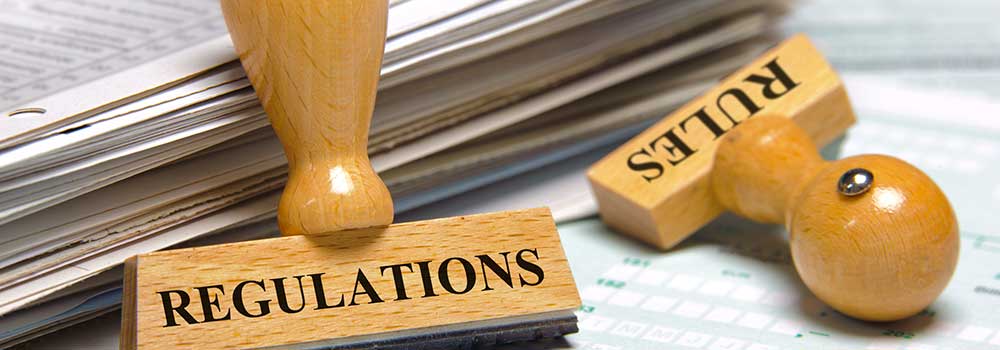David R. Chase, P.A.
Call Us Now: 800-760-0912

If you are under investigation by the Financial Industry Regulatory Authority, it is critical that you understand the process by which FINRA conducts its investigations and makes its charging decisions. It is also critical that you are represented by an experienced FINRA defense lawyer who will protect your rights, formulate a strategy to try to diffuse the investigation and navigate you through what is a stressful and uncertain process.
A FINRA investigation typically begins as an inquiry. The FINRA Staff will issue a Rule 8210 Request seeking documents and written answers to questions concerning the inquiry’s subject matter. Your response is very important, as it locks you in to a firm, written position. A seasoned FINRA defense lawyer will know how to respond on your behalf — what the written 8210 response says, how it is said, and perhaps most importantly what is not said, may make the difference of whether you are charged or walk away. Unfortunately, too often stock brokers go at it alone in responding to an 8210 Request, not fully appreciating how dangerous flying solo without a FINRA defense lawyer can be. In fact, not responding to an 8210 Request, or even failing to timely respond, may lead to sanctions, including a permanent bar.
After the 8210 Response is submitted, FINRA will analyze it and typically make a decision to either drop the inquiry, or elevate the matter to an investigation. If elevated, FINRA will typically request that you appear for on-the-record testimony, commonly known as an OTR. An OTR is like a deposition in some respects and involves the FINRA staff asking you questions under oath about all facets of the investigation’s subject matter. It is of the upmost importance that you are adequately prepared for the OTR. A competent FINRA defense lawyer will ensure that you understand, and are ready, for this process.
After the OTR, FINRA will assess your credibility and evaluate the answers provided. FINRA will then either drop its investigation or, if it believes it has developed evidence of violations of FINRA Rules and/or the Federal Securities Laws, issue a Wells Notification – a notice that it intends to charge you. You have a right to respond to a Wells Notification, either in writing and/or through your FINRA defense attorney. I have quite often been successful in persuading FINRA to not pursue charges at the Wells Notification stage. If, however, FINRA is not convinced and insists on filing charges, the matter can either be settled, of if settlement can’t be reached, you have the right to contest the charges in a FINRA administrative proceeding, where your FINRA defense attorney can call witnesses, cross-examine FINRA’s witnesses and introduce evidence on your behalf.
The stakes in a FINRA investigation can be high, often times involving the risk of the loss of a securities license and thus the ability to make a living. It is precisely for this reason you should engage David R. Chase, a seasoned FINRA defense lawyer, early in the investigation to ensure your interests are protected and that you have the best chance to avoid being charged.
